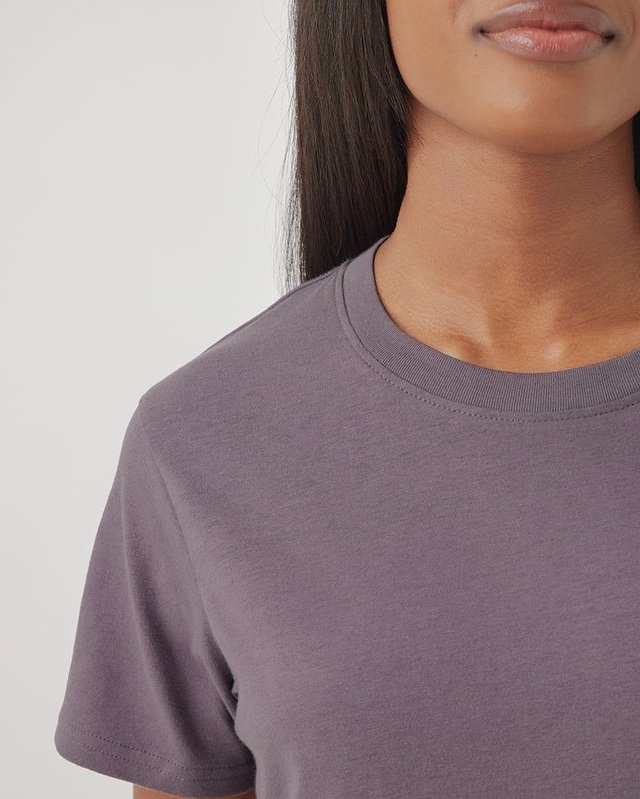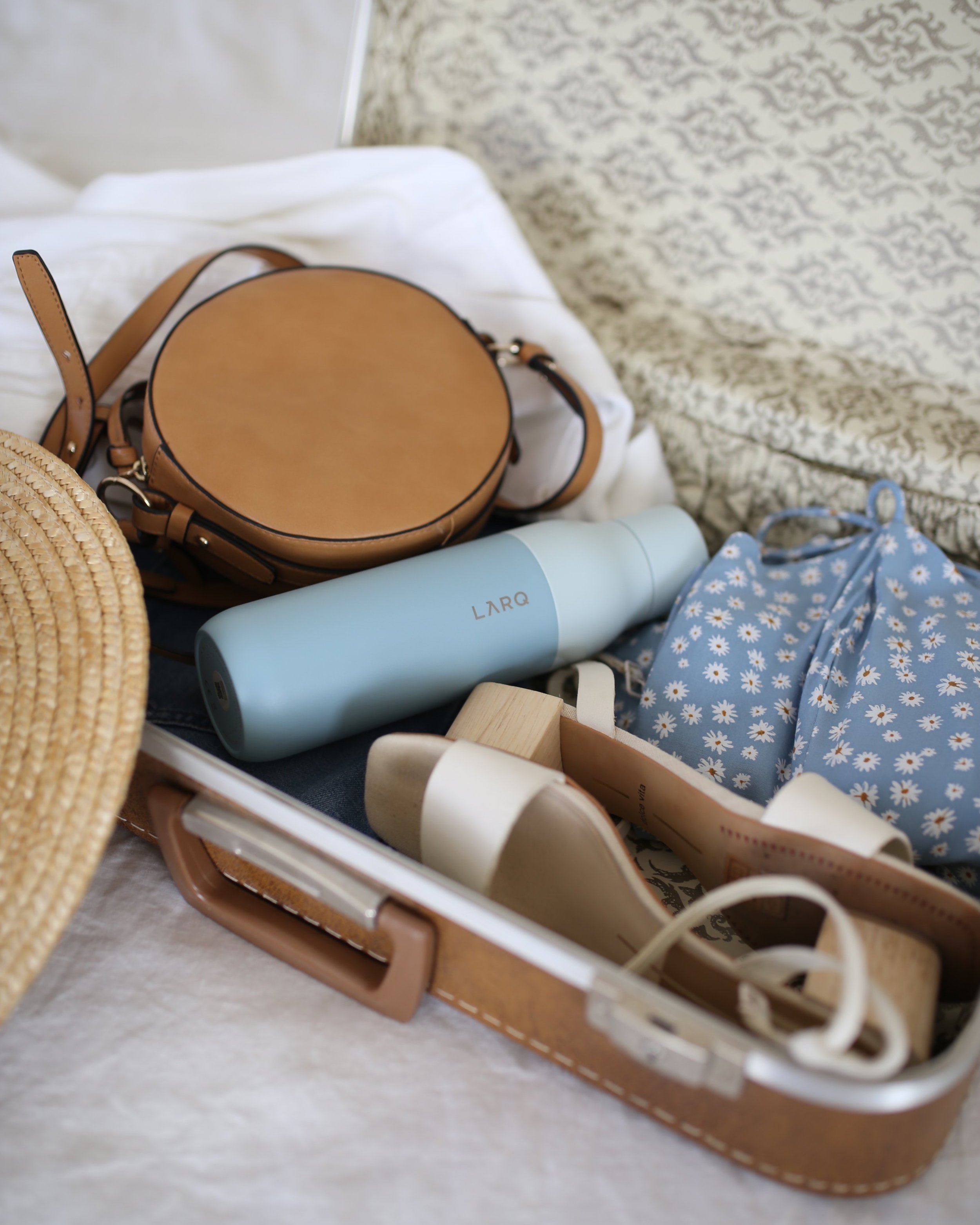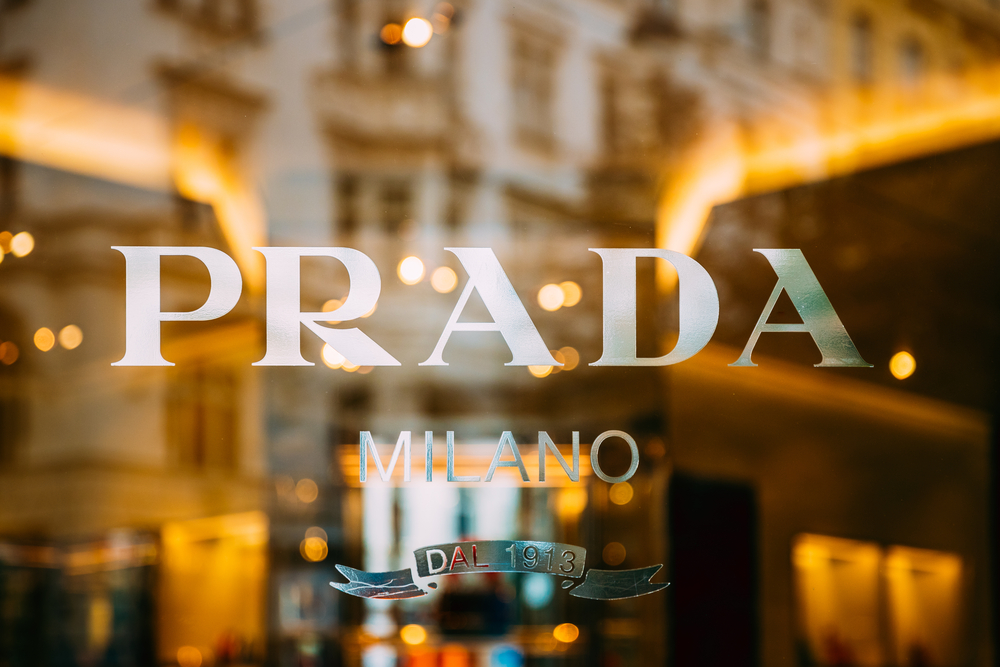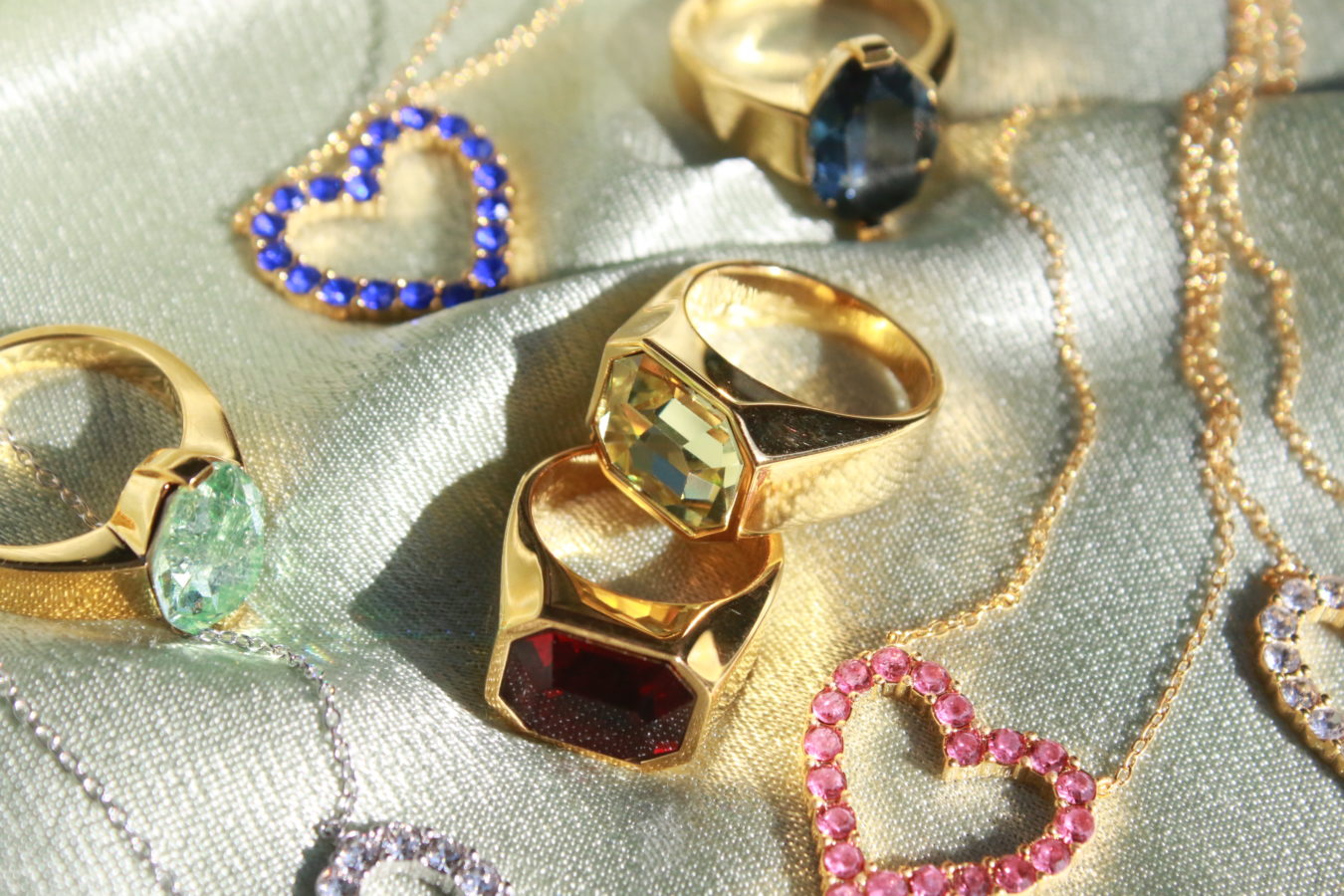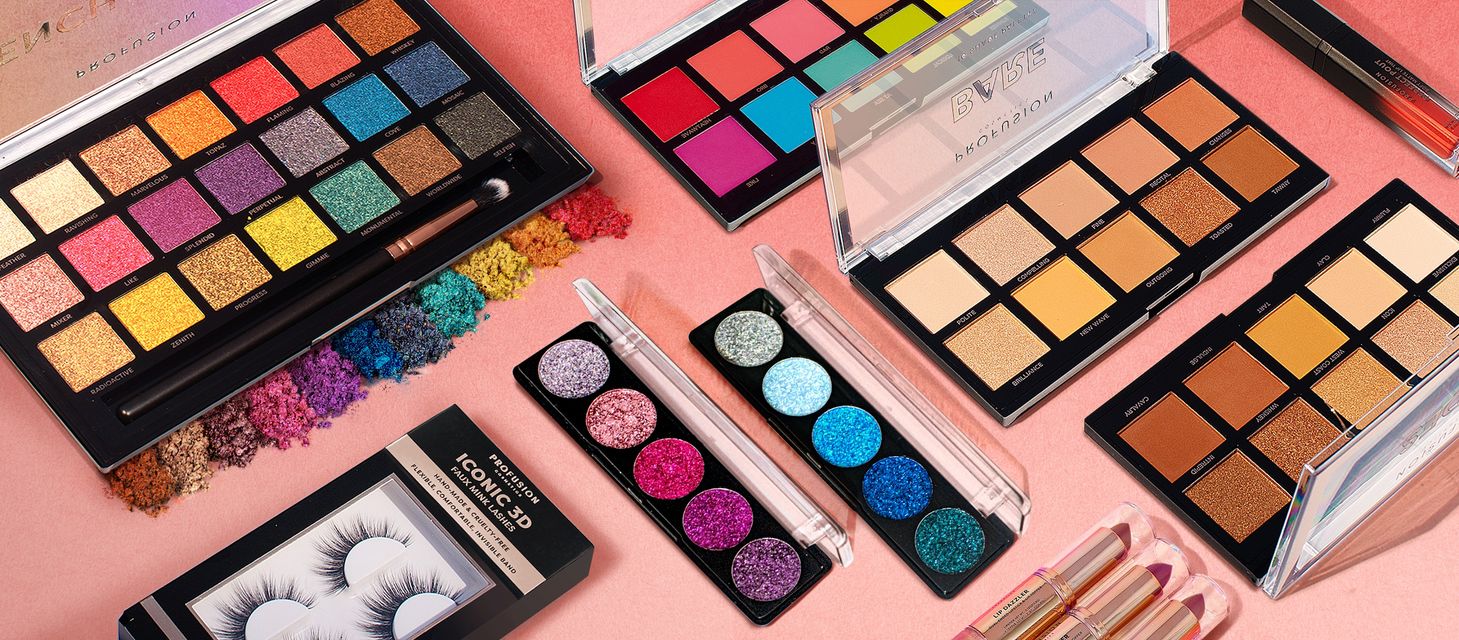
List Of The Worst Fast Fashion Brands To Avoid And Why (2023 Edition).

Top FAST FASHION BRANDS TO AVOID 2023
Did you know that humans consume 400% of clothing today compared to just 20 years ago. The average American produces 82 lbs textile waste each year. We’re buying more clothing than ever before, but wearing it less. This can be explained by the rapid growth of fast fashion in the last two decades.
This article is for those who buy more clothes than they need. We don’t want shoppers on low incomes to struggle to buy sustainable brands if they only have the money for fast fashion. These fast fashion brands exist only because of excessive consumption. In the US, we tend to buy more than we really need.
What is fast fashion?
Fast fashion is a term used to describe brands that produce large quantities of clothing all year round. Clothing is now being produced at a fractional price. The result is that consumers can quickly and easily update their wardrobes.
This overconsumption leads to a huge increase in textile waste and pollution. This is raising issues we cannot ignore such as human right violations.
We can stop supporting this industry. Instead of supporting fast fashion brands, we should support sustainable clothing.
How to recognize a fast fashion brand?
Fast fashion brands often release new clothing collections every week, and they use marketing to get consumers to buy the latest trends.
They are not always transparent and vague about the suppliers they use and how their products are made. They do not provide any information on what they are doing to reduce their environmental impact. Also, they do not show that their workers are offered decent working conditions and a living wage.
Many fast fashion brands greenwash. They give misleading information in order to trick customers into believing they are an ethical and sustainable business.
Fast fashion is also marked by cheap prices and poor quality. It is impossible to make a $5 shirt, pay garment workers fairly and use manufacturing processes that are not harmful to the environment.
We should avoid these 35 fast fashion brands
Here are 22 fast fashion brands that you should avoid to maintain an ethical and sustainable wardrobe.
1) Shein
Shein, a Chinese brand, quickly gained popularity on social media with its 20 million Instagram followers. The website adds 500 new products each day at low prices.
This contributes to a culture of throwaway fashion that fast fashion brands promote, and this is at the expense of the environment. Shein has not made any attempt to reduce its environmental impact. Shein also does not share information on where its products are manufactured and is opaque in its supply chain.
Shein claims that its employees are paid above average wages and that they don’t work in child or forced labor. It is difficult to believe the company pays their workers fairly when they sell products so cheaply. In 2020, received widespread criticism after posting on its site a necklace shaped like a swastika and Islamic prayer mats.
Mango
Mango, a Spanish fashion retailer, has a vast network of stores spread across 110 countries. The brand is making progress in becoming more sustainable. The brand is producing more organic cotton and recycled poly and has taken steps to remove the hazardous chemicals PFCs.
Mango does not have a specific target for reducing greenhouse gas emissions from its factories, even though it has the figures. The company hasn’t revealed its plans for reducing greenhouse gas emissions and hasn’t published a list. In the brand’s Code of Conduct, it is revealed that workers earning minimum wage are paid ” the legal minimum and not the recommended wage”. Mango needs to do better by paying its garment workers a living wage!
The brand also has refused to reveal its donation made to the fund set up by the Bangladesh government to compensate the families and friends of the 1,134 garment worker who lost their lives in the Rana Plaza collapse back in Bangladesh in 2013.
3) H&M
H&M is a well-known Swedish fashion retailer that we should stay away from! , despite promises made in 2018, failed to pay living wages to 850,000 garment workers. Many female garment workers are also sexually and physically abused.
H&M did not implement any measures to stop the practices at their suppliers’ factories. The brand has also been accused of turning away from the suffering of garment workers, who have complained about inhumane conditions that led to more than 100 deaths.
Does H&M have a more ethical or sustainable product?
The brand has made great progress in eliminating harmful chemical from its products, such as PFCs and phthalates. The brand also has a program for textile recycling, but only 35 percent of clothing is recycled. The brand needs to do more to reduce its carbon footprint and mitigate its impact on the environment. H&M could start by donating unsold clothing instead of destroying them .
4) Boohoo
In the last decade, Boohoo, a British fashion retailer has grown rapidly. The brand makes many promises but does not do much in the social or environmental spheres.
The company says it will disclose its factory list, purchasing practices and social impact strategy in 2021 to support local communities. Boohoo, we’re still waiting! The Sunday Times conducted an investigation and found that the workers at a factory in Leicester were earning as little as 3.50 PS per hour. This is far below the minimum wage.
The Environmental Audit Committee published a report naming Boohoo as one of the least sustainable fashion brands in the UK. Boohoo was named as the UK’s least sustainable fashion brand in a report by the Environmental Audit Committee. It’s not surprising that a brand with so many low-quality clothes would be rated this way!
Forever 21
Forever 21 is a fashion retailer in the United States that sells cheap clothing. However, this has a cost to society and the environment. On the page of its Social Responsibility, it states: “Forever 21 shares the goal to eliminate child labor and forced labour”. Does this mean that the company continues to use these abusive working methods?
US Labor Department Investigators found that workers in a Los Angeles factory were paid only $4 per hour. This is much lower than the minimum wage of California. Forever 21 also refused to sign Bangladesh Accord on Fire and Building Safety. This shows how much care the company has for its employees.
The brand does not disclose where and how their products are made. It’s also not clear if the brand is doing anything to reduce its massive environmental impact. was accused of body shaming by Forever 21 after it sent diet bars to plus-size customers who had ordered clothing.
Urban Outfitters (also Anthropologie and Free People)
Urban Outfitters, founded more than 50 year ago, is America’s biggest fashion retailer. But should we shop there?
Urban Outfitters does not disclose specific information on what it is doing to protect the environment. This may be because the company doesn’t do much. Customers are not able to access information on the brand’s suppliers and supply chain. The company has not provided any evidence that its workers receive fair wages.
In 2015, Urban Outfitters requested that its employees work free at the weekends as it was a “great activity for team-building”. In 2020, again accused the company of stealing a design from an Australian native artist to use for outdoor rugs.
Primark
Primark, an Irish fashion retailer, is among the largest in Europe. The brand does not have any influence on the working conditions for garment workers as it outsources its manufacturing.
Primark has a Code of Conduct that requires factories to follow, but there’s no proof that the workers are being paid fairly or that they are working in safe and decent conditions. Customers have discovered “SOS”, written by Chinese prisoners working in garment factories, in Primark clothing. They claimed to have worked 15 hours a day, and were against inhumane working practices.
Primark does not share the exact locations of all factories with which it works. There is room for improvement when it comes to transparency. The company has donated unsold clothes to charity and is a member the Sustainable Apparel Coalition. Primark’s massive environmental footprint is still not sufficiently explained. It should also do more to reduce it.
Missguided
Missguided is a UK-based fashion retailer that markets itself not just as a fast fashion store, but as ‘rapid fashion’. The brand releases 1,000 new styles each week. Missguided encourages overconsumption with this practice. This contributes to the huge amounts of textile waste that we produce every year.
The company does not seem to do anything to reduce its impact on the environment, other than releasing vague information through its Corporate Social Responsibilities page. Missguided, along with Boohoo was named as one of the UK’s least sustainable fashion brands.
The brand’s goal is to empower women, but female employees are significantly paid less and are less likely to get a bonus than male employees. Also, we don’t know whether these workers receive a living wage. In 2017, the brand was found selling products that contained real fur from cats and raccoons dogs.
9) Zara
Zara, a Spanish fashion label that is part of the Inditex group, was founded in Spain. The brand has a program for textile recycling and uses recycled packaging. However, the amount of resources used to produce its clothing is not disclosed.
It’s also not clear if the company is on track to achieve its goal to reduce greenhouse gas emissions. Zara’s chain of supply is more transparent than other fast fashion brands. The company released a list, but not its entire supply chain.
The results of the audits are not entirely public. does not pay living wages to its garment workers. Zara customers found hidden messages on clothing in Istanbul in 2017. The messages were left by garment workers, who claimed that they had been forced to work for nothing before Zara’s clothing manufacturer went bankrupt.
Victoria’s Secret
Victoria’s Secret, one of America’s best-known lingerie brands. The company joined the Greenpeace campaign “Detox my Fashion”, which aims to eliminate all harmful chemicals from its products by 2020. We do not yet know if the brand has met its goal.
The company has not done much to reduce the environmental impact of its products, which are mostly made with non-sustainable materials. Victoria’s Secret has not improved in the social arena. We cannot guarantee that the workers in its supply chain are treated fairly and paid a fair salary because it is not certified according to official labor standards.
Ten years after being accused of child labor ten times, the brand is once again the center of a scandal. Two top executives sexually harassed models and bullied them. Those who complained lost their jobs soon after.
11) Brandy Melville
Brandy Melville, an Italian fashion label, was founded in Italy in the 1980s. It opened its first US store in 2009 and quickly became popular with teens.
This brand’s unique size is the most noticeable. Brandy Melville claims that its clothing is “one size fits all”. This means that almost all of their clothes are only available in sizes XS/S.
The brand is promoting the idea that women should all be thin, making many girls uncomfortable with their appearance and wanting to lose weight even when it’s not necessary. Body-shaming by brands is unacceptable!
Brandy Melville does not appear to be doing anything to reduce its (huge!) environmental footprint and is far from an ethical company.
Many employees have reported that they were fired because they cut their hair or gained weight. Some people said that the appearance of a person determined your pay rate. “You will not be hired at a Brandy Melville store if you’re black.”

